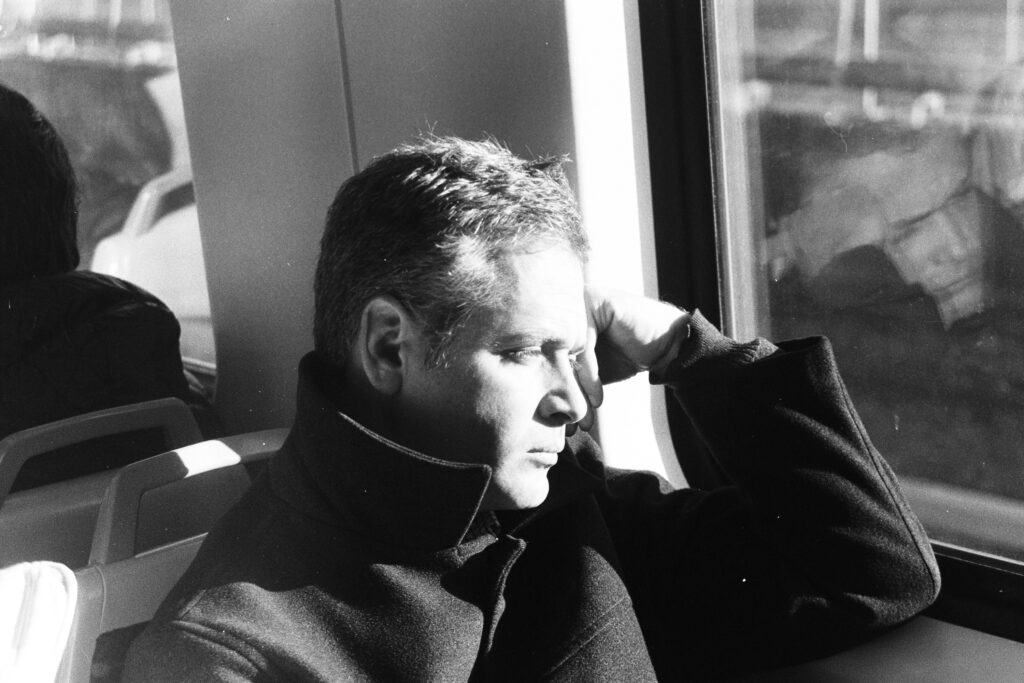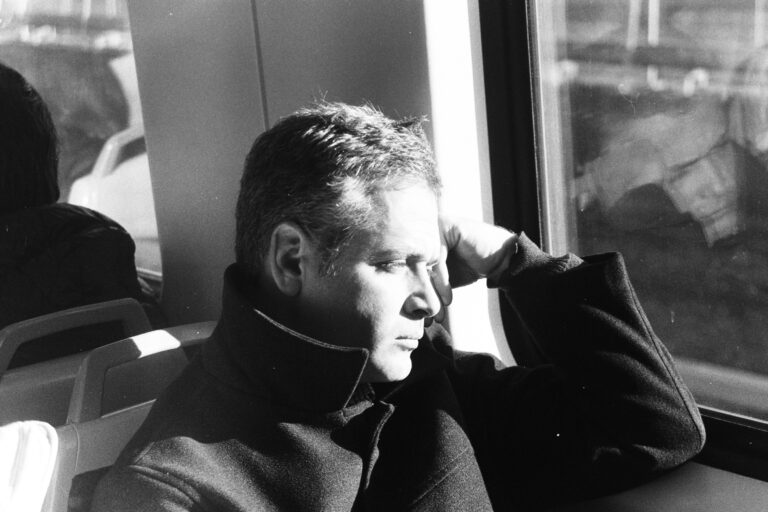Stop Chasing Happiness
“The problem is not external to you; to understand it you have to understand yourself”
—Krishnamurti
I’ve been searching for something all my life. Some would call it happiness; others call it success. Yet, no matter what I achieve, the goalposts keep moving.
Perhaps this sounds familiar.
Maybe you’ve realized it’s all an endless chase.
The Struggles We Face
Are you tired of:
- Not being completely at peace?
- Worrying about what others think?
- Tying your sense of self-worth to your children’s “success”?
- Living like a firefighter, constantly extinguishing flames of daily stress?
- Struggling to be present, no matter how much you meditate?
Perhaps your moments are no longer moments at all but fleeting thoughts about the past or the future.


The Illusion of Happiness
Most of us are searching for happiness. Everything we do is an attempt to be happy. Every single thing, every single day. Yet, happiness remains an illusion—a destination that doesn’t exist. It’s a trick played on us by our minds
Worse still, we see happiness as a transient emotional state, subject to change: *“Yesterday I was sad”* or *“I’ll be happy this weekend when I’m not on call.”*
External circumstances, largely beyond our control, govern this state. That fleeting good feeling of getting what we want can be erased by a coworker’s offhand comment, an unanswered email, or something our kids did—or didn’t—do
Our emotional state, and by extension our happiness, becomes a roller coaster of highs and lows. Many of us live with a baseline of moderate anxiety, stress, and discontent, regardless of wealth or achievements.
The Cycle of Chasing
We string together positive experiences in an attempt to ease our suffering, chasing something that always seems just out of reach. Why does it feel like we never get where we want to be?
Each life stage brings new goals, yet fulfillment eludes us. We double down on the chase, seeking solace in distractions:
- Drinking
- Endless scrolling
- Binge-watching TV
Anything to avoid feelings of stress, anxiety, and
The Source of Suffering
Through years of exploration, I’ve learned we don’t need more money, better titles, or another life hack. We don’t need longer meditations, new routines, or even more books.
We need to understand the source of our suffering.
This is where ancient wisdom and Positive Psychology converge. At its core, our mind is wired for survival, not peace.


The Mind’s Role in Our Struggles
Our brain evolved to constantly search for threats and opportunities. This survival instinct creates a persona—the Ego—not in the sense of arrogance but as a manufactured “self.”
The Ego is never satisfied. It thrives on hedonic adaptation, where constant stimuli lose their impact, and the search for something new takes over. It tricks us with impact bias, where we overestimate how much future events will affect our happiness.
For instance:
- The thrill of getting into medical school fades into the stress of matching for residency.
- Making partner is replaced by dreaming of retirement.
The mind keeps us chasing, but the rewards never satisfy.
A New Perspective
The mind doesn’t care about our happiness or peace; it cares about survival and strengthening the Ego. This creates tension between our core being—our unique potential—and the mind’s demands.
This tension explains why we often feel anxious, restless, or discontent. It’s also why temporary distractions never offer true relief.
Finding Inner Freedom
Understanding this futility brings clarity: the endless chase isn’t a normal part of life—it’s a conditioned response.
By exploring our subconscious mind, we can access the root of our suffering. Here lies our conditioning, faulty beliefs, and hidden blockages from past experiences. Behavioral changes and routines often fail because they don’t address these deeper imprints.
Through methods like RTT (Rapid Transformational Therapy), we can access profound and lasting transformation.
This is the road to Inner Freedom a life beyond the emotional roller coaster, where our unique potential is realized.










